Breaking Travel News investigates: Olympics on the brink
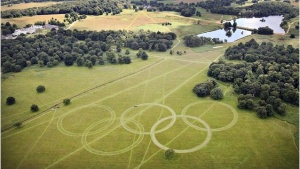
Nobody has any answers, but everybody seems to have an opinion.
That is perhaps the best description of the build up to the London 2012 Olympic Games, which starts today.
Commentators from across the spectrum - from those determined to support the games, to those blindly criticising them - are seizing on each scrap of information, twisting it to support their own agenda.
A bus load of American athletes lost on the way to the Olympic Village? ‘Chaos rains as London Olympic transport thrown into turmoil’.
Hundreds of thousands of tickets sold for women’s football? ‘Locog withdraws tickets after sales slump’.
It can be difficult to know who to believe, with media outlets battling from entrenched positions – either for, or against the games – regardless of the evidence.
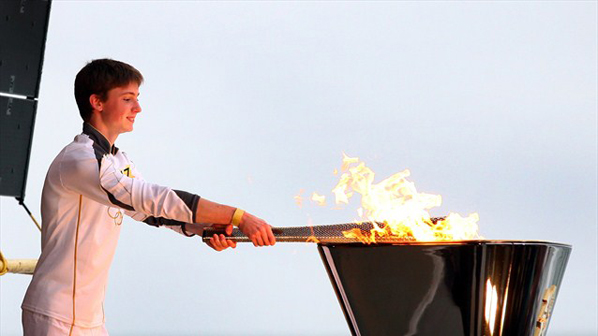
Tourism Perspective
The tourism perspective is no different. The truth is, nobody really knows at present, with figures available to support any agenda.
A survey from TripAdvisor recently found hotels in the London ‘E’ postcode area - home of the Olympic Park - have seen prices rise by 69 per cent in the build up to the games.
At the same time, hotel booking site Hotels.com revealed the average hotel price has fallen by almost a quarter across London, in comparison to last year.
The average cost of a hotel room in the capital over the games period now stands at £146. This is also down nine per cent from a figure of £160 in June this year.
So fears of massive increases in hotel prices are, at best, unproven.
Visitor numbers are another grey area.
South Africa expected as many as one million international visitors for the FIFA World Cup in 2010, but attracted just over 100,000 at the final count.
Locog has thus been reticent to issue wildly optimistic forecasts, instead arguing numbers will remain relatively stable, with some 600,000 spectators arriving from overseas for the games, each staying for an average of five days.
While not a bonanza, it is perhaps harder to argue the games will harm the attractiveness of the UK as a tourism destination. Holidaymakers seeking to avoid the games need only postpone their visit by a couple of weeks to avoid the busiest periods.
The impact on domestic tourism is also hard to gauge.
The vast majority of the tickets for the events went to British sports fans looking to visit the capital for a once in a lifetime event.
Those lucky enough to secure reasonably priced tickets to an attractive event in the early stages of the process are the real winners.
However, many would be visitors were denied this chance, and were instead left with the option of paying upward of £500 for tickets to see the equestrian trial events.
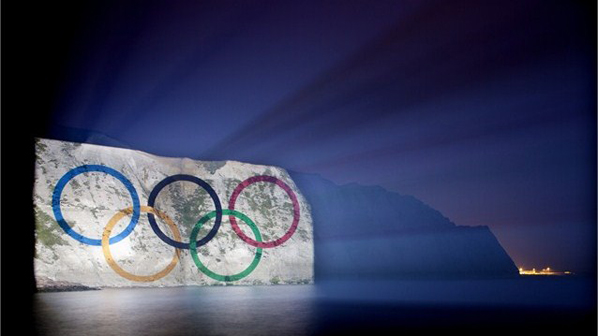
Tickets
That is part of a wider, undeniable, problem with the build up to the games.
It is impossible to deny the ticketing system has been bungled, with repeated lotteries, releases, recalls, and returns leaving many confused over exactly what is on offer.
Locog dropped the ball on this, meaning many people were left priced out of the games.
Particularly aggrieved are those Londoners who paid for their share of the games, those living in the so-called Host Boroughs, who were left to scramble with everybody else when it came to securing access.
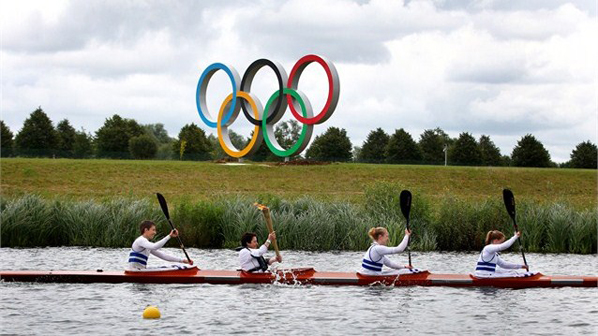
Sponsorship
Concerns about sponsorship have also been high on the agenda for many armchair commentators; with a feeling the Olympic brand has been too rigorously protected.
Newspapers overflow with stories of defenceless grandmothers in Strathclyde having their homemade Olympics cookies binned by overzealous enforcement agents or hapless kebab shop owners being forced to take down logos tastefully calved from reconstituted lamb.
But it could be argued the Olympic Games is less commercial than many other sports.
There will be no advertising in the stadium in Stratford - to maintain the veneer of amateurism - nor on the athletes clothing, as would be expected at a Premier League football match, for example.
Sponsors also provide a wealth of free advertising for the Games – in effect paying to promote London to tourists around the world. Top tier sponsor Visa is alone launching campaigns in over 70 countries, covering high-streets around the world with images of the capital.
Other sponsors will carry similar clout.
This far exceeds the impact of the GREAT campaign launched by VisitBritain and, if London gets it right during the event, can only boost its profile.
Many also conveniently overlook the fact that every penny of sponsorship raised by Locog goes to paying the £9.3 billion tab.
It is easy to crow, but not sustainable, to argue that the cost of the games has spiralled while simultaneously attacking attempts to reduce the burden on taxpayers.
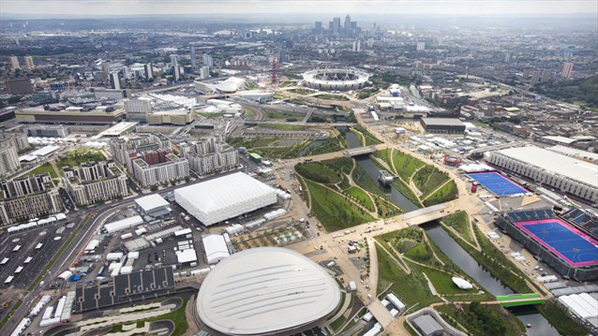
Security
When London was awarded the Olympics in 2005, narrowly beating Paris, the initial reaction among columnists was to question Britain’s ability to build the stadia at all.
Massive cost overruns were expected, delays in completion confidently predicted, and a global embarrassment gleefully awaited in some quarters.
However, once the final (inflated) budget was set, building proceeded almost prosaically. Venue after venue was completed on time, while the eventual cost was some £500 million less than expected.
Once it became apparent this would be no stick to beat the organisers with, a new set of demons was corralled into view - the latest being security.
The G4S debacle provided a great deal of ammunition for critics of the games, but the end result may end up benefiting the event.
The Olympics will now have 3,500 highlight trained troops guarding events, rather than as many poorly trained, poorly paid box tickers. If the army is not there to guard the UK public what is their role?
G4S itself will also suffer as a result of its failure, with the security giant expecting to take a £50 million hit on the contract and it share price tumbling.
London 2012
So who to believe?
Locog and the increasingly beleaguered Seb Coe blithely reassure the public the event will be the greatest show on earth, while some of the sterner critics would have Britain pull the plug before a single discus has been thrown in order to prevent the country from embarrassing itself further.
It is too soon to say who is right, but once all the noise dies down and the games get underway it may just turn out Britain, and London in particular, is on the brink of something very special indeed.
Chris O’Toole

